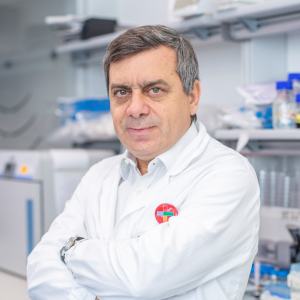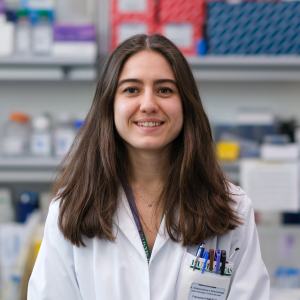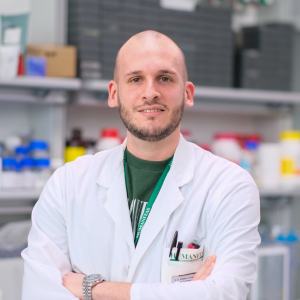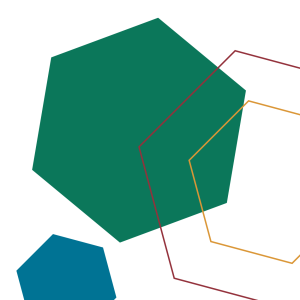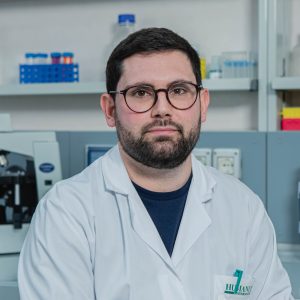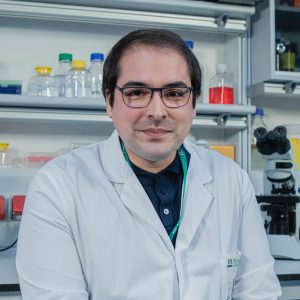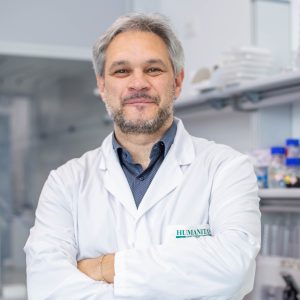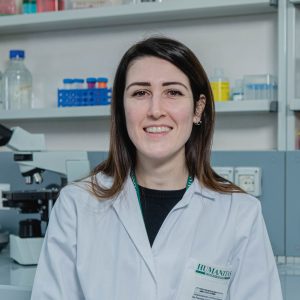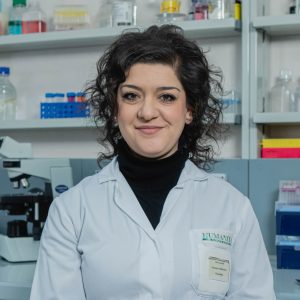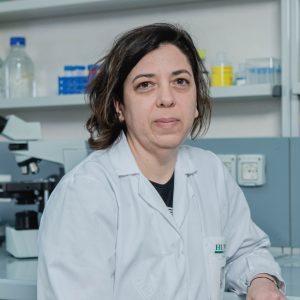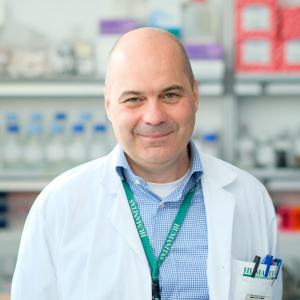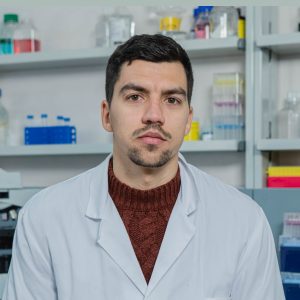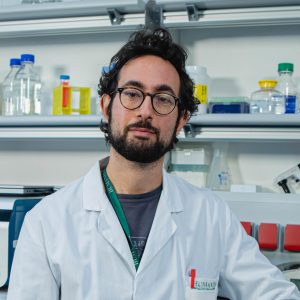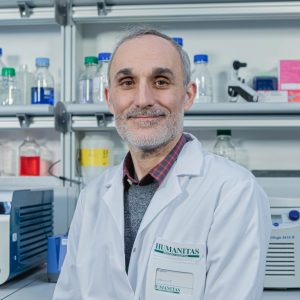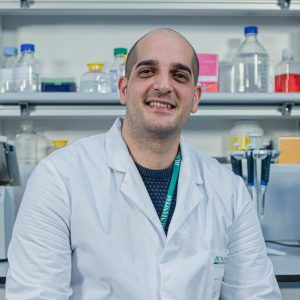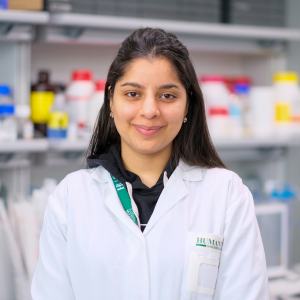Research Group
Condorelli Group
Immunology in Cardiovascular Pathologies Lab
Our lab aims at understanding the molecular mechanisms of cardiovascular diseases, particularly heart failure and the broad spectrum of molecular events that control myocardial function, with a multilevel, bench to bedside methodology.
The challenge
Heart failure is the clinical end-point of many cardiovascular diseases (CVDs), such as hypertension, myocardial infarction, cardiomyopathy and myocarditis. Despite the advancement in prevention and early diagnosis, these pathologies are the main cause of death and disabilities worldwide. By better understanding cellular and molecular mechanisms behind heart failure we could identify new therapeutic targets and dramatically improve the quality of life for millions of patients with CVDs.
Main research areas
Epigenetics of cardiovascular diseases
We want to understand how risk factors and tissue damage modify gene expression in cells of the cardiovascular system and how such dysregulated gene expression affect cells behavior in the context of heart failure and atherosclerosis.
Role of immune-inflammation in cardiovascular diseases
In collaboration with other research groups at Humanitas Research Hospital and Humanitas University, we study the role that innate and acquired immunity play in remodeling myocardial tissues and in atherosclerosis. Our final goal is to better understand the involvement of the immune system in cardiovascular diseases, leading the way towards new therapeutic approaches targeting inflammation in CVDs.
Innovative biomarkers of cardiovascular diseases
By studying the downstream molecules produced by gene expression reprogramming and immune-inflammation in CVDs, we aim at identifying new biomarkers with diagnostic and prognostic value for disease assessment.
Selected publications
Myocardial hypoxic stress mediates functional cardiac extracellular vesicle release.
Single-Cell Sequencing of Mouse Heart Immune Infiltrate in Pressure Overload-Driven Heart Failure Reveals Extent of Immune Activation.
The K219T-Lamin mutation induces conduction defects through epigenetic inhibition of SCN5A in human cardiac laminopathy.
Circ_Lrp6, a Circular RNA Enriched in Vascular Smooth Muscle Cells, Acts as a Sponge Regulating miRNA-145 Function.
UHRF1 epigenetically orchestrates smooth muscle cell plasticity in arterial disease.
Histone Methyltransferase G9a Is Required for Cardiomyocyte Homeostasis and Hypertrophy.
T cell costimulation blockade blunts pressure overload-induced heart failure.
Adeno-associated virus-mediated CASQ2 delivery rescues phenotypic alterations in a patient-specific model of recessive catecholaminergic polymorphic ventricular tachycardia.
DNA hydroxymethylation controls cardiomyocyte gene expression in development and hypertrophy.
Epigenetic modifications and noncoding RNAs in cardiac hypertrophy and failure.
TGFβ Triggers miR-143/145 Transfer From Smooth Muscle Cells to Endothelial Cells, Thereby Modulating Vessel Stabilization.
Circulating miR-29a, among other up-regulated microRNAs, is the only biomarker for both hypertrophy and fibrosis in patients with hypertrophic cardiomyopathy.
Genome-wide analysis of histone marks identifying an epigenetic signature of promoters and enhancers underlying cardiac hypertrophy.
MTORC1 regulates cardiac function and myocyte survival through 4E-BP1 inhibition in mice.
MicroRNA control of podosome formation in vascular smooth muscle cells in vivo and in vitro.
Reciprocal regulation of microRNA-1 and insulin-like growth factor-1 signal transduction cascade in cardiac and skeletal muscle in physiological and pathological conditions.
The knockout of miR-143 and -145 alters smooth muscle cell maintenance and vascular homeostasis in mice: correlates with human disease.
Akt regulates L-type Ca2+ channel activity by modulating Cavalpha1 protein stability.
Inhibition of class I histone deacetylase with an apicidin derivative prevents cardiac hypertrophy and failure.
MicroRNA-133 controls cardiac hypertrophy.
Akt induces enhanced myocardial contractility and cell size in vivo in transgenic mice.
Group members
